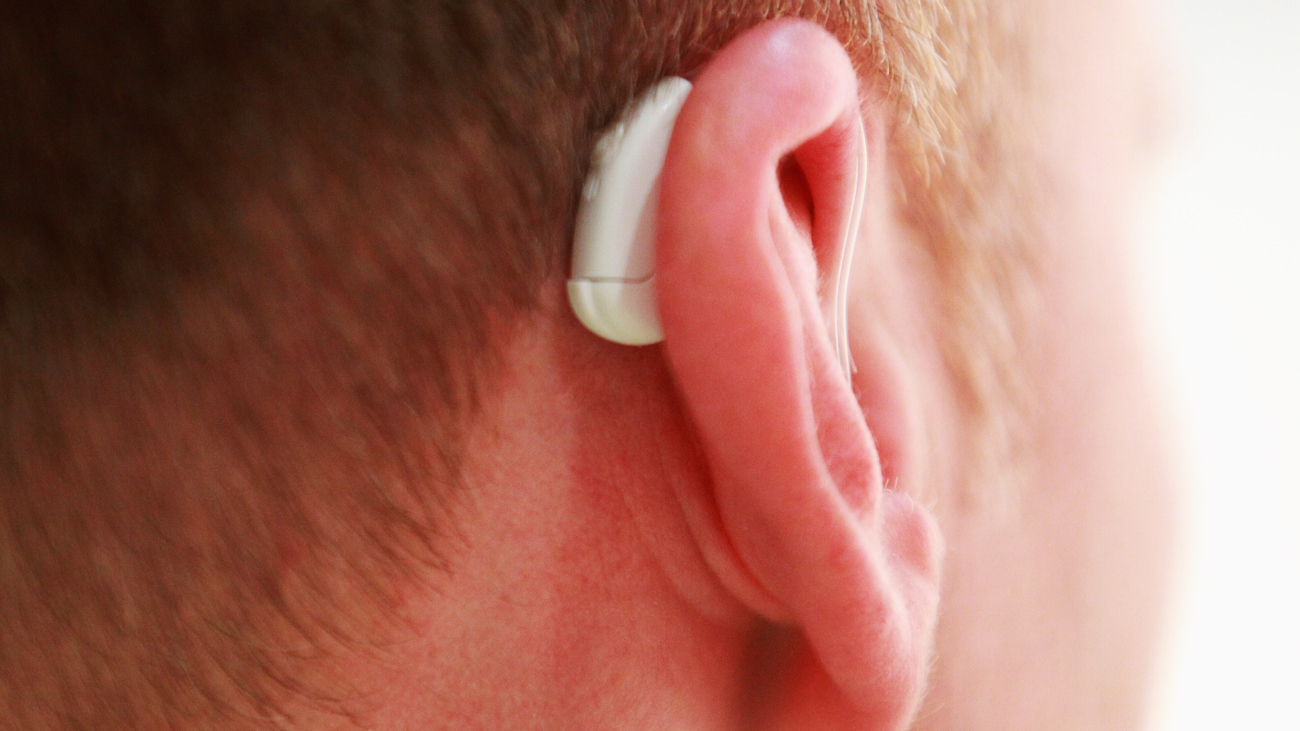
Dutch scientists have developed a treatment that they believe will reverse hearing loss.
Audion Therapeutics have already conducted tests on animals and are working towards human clinical trials of their treatment, which concerns the regeneration of human-ear hair cells.
Fish, birds and frogs have the ability to regenerate sensory hair cells after they are damaged by loud noise or physical trauma, but mammals do not.
Experts at Audion Therapeutics are developing methods that could allow humans to regenerate damaged sensory hair cells.
The Atlantic reports: “We owe our hearing to a tiny field of swaying cilia deep in the skull. Sound vibrations cause them to bend, opening pores that activate electrical signals bound for the brain. We are born with 15,000 hair cells in each ear, but unlike skin or other cell types, they do not turn over or replenish themselves.
“Loss of these hair cells over time accounts for much of the age-related hearing loss around the world, as well as that caused by too much loud noise. A loud sound can permanently bend or physically prune a fragile hair cell, rendering it ineffective.”
With the help pf funding from the European Union’s Horizon 2020 fund, Audion are “using compounds developed by pharmaceutical giant Eli Lilly and applying them locally to the inner ear.”
The latest news, features and interviews direct to your inbox, from the global home of alternative music.
Audion CEO Rolf Jan Rutten says: “Primarily we aim to show that it is safe and well tolerated. And also we will look for an efficacy signal.
“It is a competitive field, but everybody has their own approach. Obviously there will be one of us that will be successful first, but it may be that our different approaches are complementary.”
- Our guide to the best earplugs for concerts
Many musicians and music fans suffer from hearing damage related to long-time exposure to loud music. AC/DC frontman Brian Johnson was this year told to stop performing live with the band or risk losing his hearing permanently. He later met with in-ear monitor makers Asius Technologies and said he was amazed by the technology.
Last year, Imperial State Electric frontman Nicke Andersson lost hearing in one of his ears. And last month, the BBC launched a guide to help music fans avoid the dangers of tinnitus.
In 2015, the World Health Organisation warned that 28 seconds at a rock concert could damage hearing permanently.
WHO believe 1.1billion people are at risk of suffering permanent ear problems through their listening habits – and that over 43million people between the age of 12 and 35 are already living with hearing loss.
Stef wrote close to 5,000 stories during his time as assistant online news editor and later as online news editor between 2014-2016. An accomplished reporter and journalist, Stef has written extensively for a number of UK newspapers and also played bass with UK rock favourites Logan. His favourite bands are Pixies and Clap Your Hands Say Yeah. Stef left the world of rock'n'roll news behind when he moved to his beloved Canada in 2016, but he started on his next 5000 stories in 2022.
